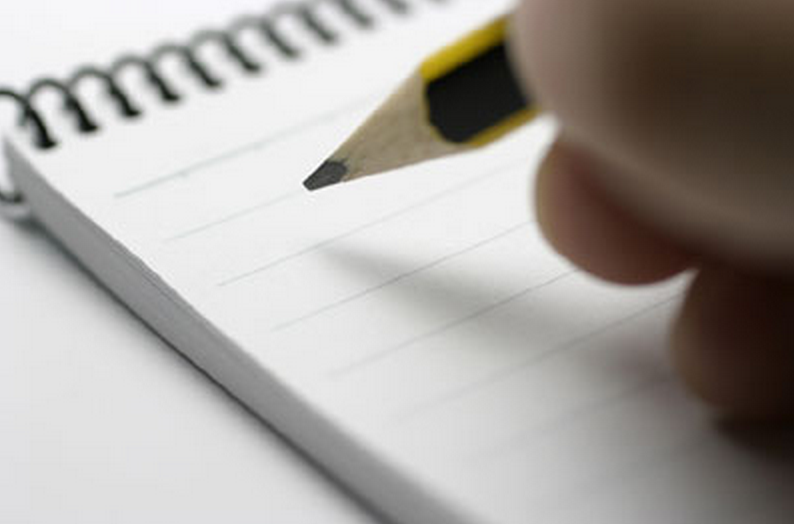This is the final post in a three-part series on New Year’s Resolutions. Be sure to read part one on Setting an Effective New Year’s Resolution & Proper End-of-Year Self-Evaluation and part two on Common Mistakes with Self-Evaluations & New Year’s Resolutions.
If our evaluation leaves us feeling negatively about our year, what can we do to avoid getting depressed?
If it we treat errors as opportunities to learn, not as failures, we are less likely to become excessively discouraged. Research shows that our emotions change when our thoughts change. In the Learn to Live Social Anxiety Program, we designed lessons to help people learn to identify the thoughts that produce the emotion and to examine each thought to see if it is reasonable and helpful, and then to work on changing the problematic thoughts to more productive ones. In the case of the annual review of our progress, we might catch ourselves being overly critical of ourselves and then examine these self-critical thoughts. In doing so, we might realize that we weren’t simply lazy and incompetent, but that we chose to focus our energies on other important goals, or perhaps used a strategy that didn’t work out very well, or that there was, in fact, other room for improvement on our part. Maybe we need to learn more to accomplish our goal, or perhaps we simply did not put enough time into it. Whatever the reason, we are more likely to arrive at an honest self-evaluation if we assess ourselves based on realistic goals and then by treating any real failures as potential learning opportunities.
How do we use the self-evaluation to develop a strong New Year’s Resolution?
Good self-evaluations help us to be realistic in setting the New Year’s resolutions and other goals. They also allow us to be selective. When we spend time considering the last year, we can reflect on what we really value and want to accomplish. Maybe we were fairly successful at work last year, but did not have the family time that we ultimately long for. In that case, we can set New Year’s resolutions that reflect these core values and pursue success (defined realistically) with family activities and vacations. Whatever the focus, a good self-evaluation helps us to set realistic goals by sorting our live into manageable parts and by making our values explicit. It is enormously helpful to apply our values to specific areas of our lives rather than attempt to change every area of our lives at once.

What are the qualities of a good New Year’s Resolution?
1. Make an honest assessment of the previous year
2. Identify your core values
3. Find one specific area of your life that you’d like to improve
4. Apply your values to this area of your life in setting realistic goals
5. Identify your main obstacles
6. Find a teammate, someone to encourage you in your resolution(s)
Good luck in the New Year. May your 2014 be all that you hope.




